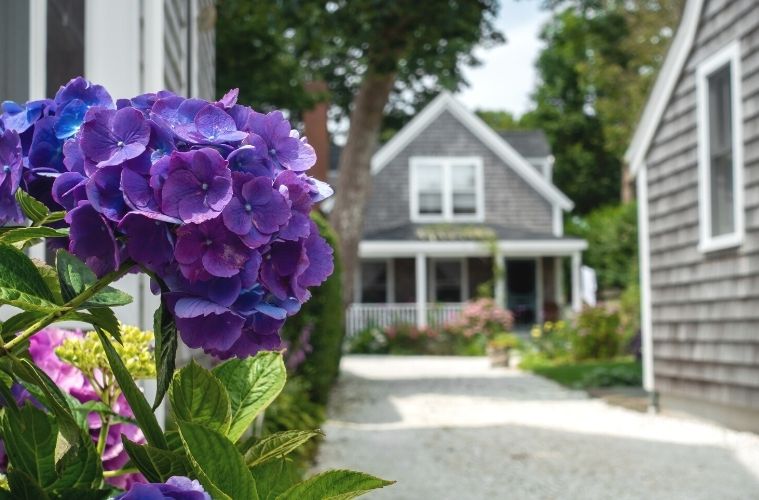In a world without bees, food production and biodiversity would be terrifyingly scarce. Bees serve as one of the largest contributors to pollination on the planet, which means their health and well-being are of grave importance. However, many bees are starved of food and resources every day. To learn how to preserve and protect these pollinators, continue reading how to make your garden more bee-friendly.
Plant Friendly Flowers
The most welcoming way to invite bees into your garden is to choose plants that are attractive to them. Bees gravitate toward many native wildflowers and herbs. Plants such as mint, sunflower, dandelions, clovers, honeysuckle, and lavender are all widely popular and attractive plants for honey bees. Planting groups of similar flowers together will help to organize and attract bees as well.
Choose Longer Blooming Cycles
When you plant flowers with longer blooming cycles, you maximize a bee’s time to pollinate other flowers. Choosing flowers with these blooming cycles will also encourage bees to return annually to pollinate these flowers.
Keeping weeds such as dandelions, milkweed, and clover is also a kindness to bees and other pollinators. These weeds serve as a vital food source for many pollinators. Learning to love your weeds will keep bees healthy, happy, and welcome in your garden.
Teach Your Kids About Bees
One of the best ways to make your garden bee-friendly is to teach your children to love bees. There are plenty of reasons to teach your children about bees, but the simplest is to keep interactions between children and bees safe and sustainable. When children learn to stay still and avoid swatting at bees, they are less likely to sustain stings and hold negative opinions of these insects. Teaching children to understand the important role bees have in pollinating flowers, plants, fruits, and vegetables will also help them recognize why protecting these insects is so crucial.
Avoid Pesticides
Pesticides are highly damaging to both bees and your garden. They will repel bees and other natural pollinators and damage the plants, flowers, vegetables, and fruit in your garden. Not to mention, they are also highly toxic to bees, so if a wandering bee encounters these chemicals, it could spread and carry this toxin to other pollinators before dying. It is essential to avoid using these chemical sprays on your lawn to maintain a safe, high-quality, bee-friendly garden.
A world without bees is a scary world to try and imagine. Follow these steps toward bee-friendly gardening to find new ways to practice a lifestyle of sustainability and protect this endangered insect.

